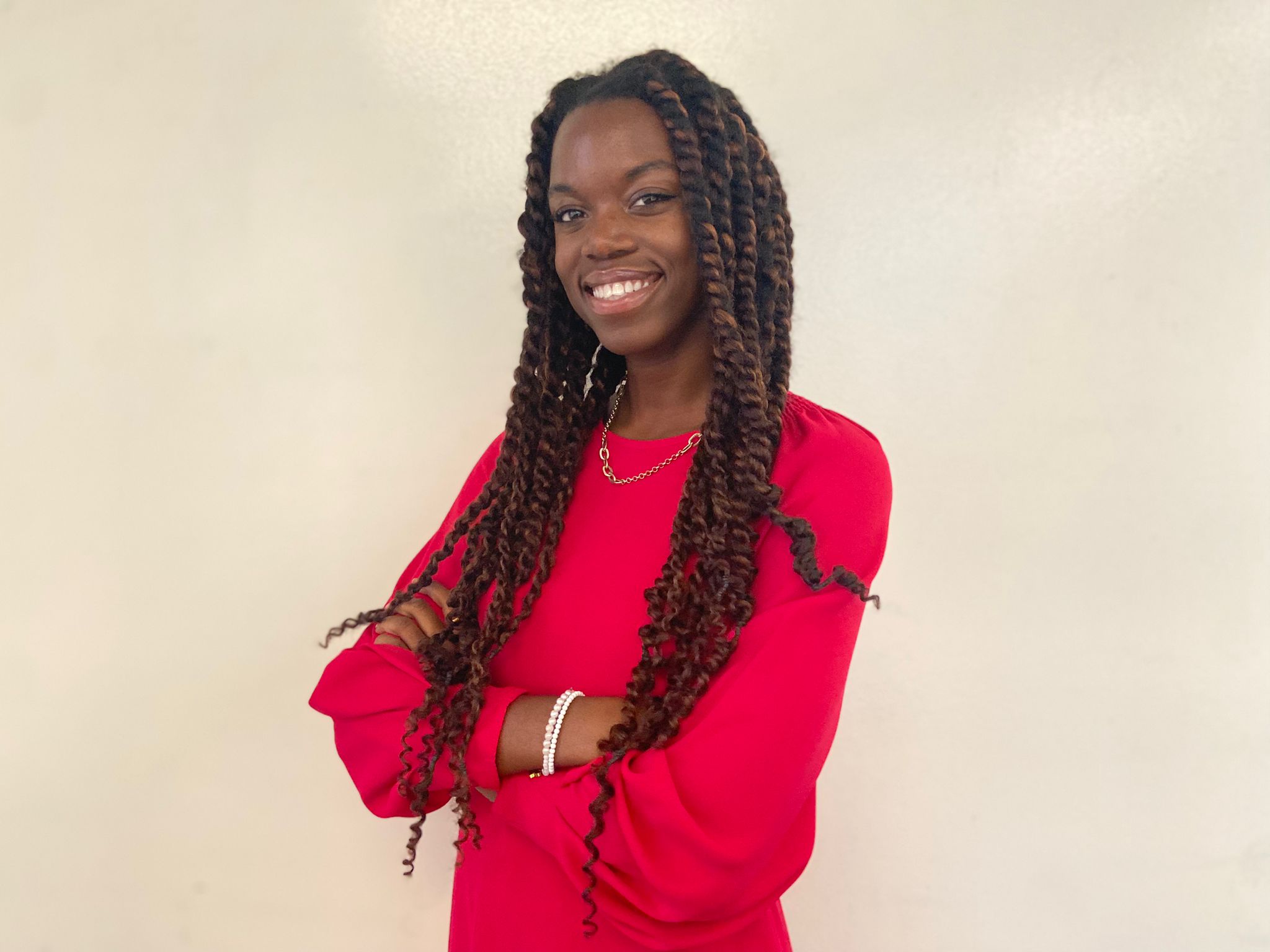Empowering Detroit Moms: My Journey to the Albert Schweitzer Fellowship
 As a first year Master of Public Health student, Asiimwe Najjuma, shares this story about her journey at the Wayne State University School of Medicine.
As a first year Master of Public Health student, Asiimwe Najjuma, shares this story about her journey at the Wayne State University School of Medicine.
I am thrilled and humbled to have been selected for the Albert Schweitzer Fellowship. This is a competitive one-year interdisciplinary leadership development program that aims to create sustainable change in community health. The fellowship challenges graduate students to identify a public health need, a vulnerable population, design an intervention, and propose a plan with measurable results. This is done through the partnership of an existing community health organization of the fellow’s choosing. Each year, 250 fellows across the nation from 13 major cities are selected and awarded the funding and opportunity to administer their project.
One of the paramount public health concerns within the city of Detroit is our maternal health crisis, and I am a passionate advocate for maternal health equity. The city of Detroit faces a maternal mortality rate that is triple that of the national average. Our Detroit mothers, particularly those who are Black or low-income, are in a state of grave vulnerability. When we also consider that Detroit is a food desert, with almost half of Detroit households facing food insecurity, it becomes evident that many of our mothers may not have the access and opportunity to pursue a safe and healthy pregnancy. Food insecurity among pregnant women is associated with several negative health outcomes, so I decided to intersect these two issues to design a food-delivery service initiative with personalized cards and culturally competent recipes for my fellowship project.
I spent several weeks reaching out to numerous maternal health organizations before I ultimately found the best match with Nurse-Family Partnership. This is a non-profit organization that serves low-income women in Wayne County. I will be partnering with them and working with Detroit food banks over the next year to carry out my project. Along the way, I will be meeting with moms regularly to hear their progress and feedback on the food delivery service, making necessary adjustments to the service to ensure it meets their needs.
I am grateful to have been introduced to this fellowship opportunity by Wayne State’s MPH program and that my professors believed in my ability to succeed in this endeavor. This fellowship has given me the platform to make a positive health impact on the women and families in my community, and I look forward to giving back to a city that has given so much to me.